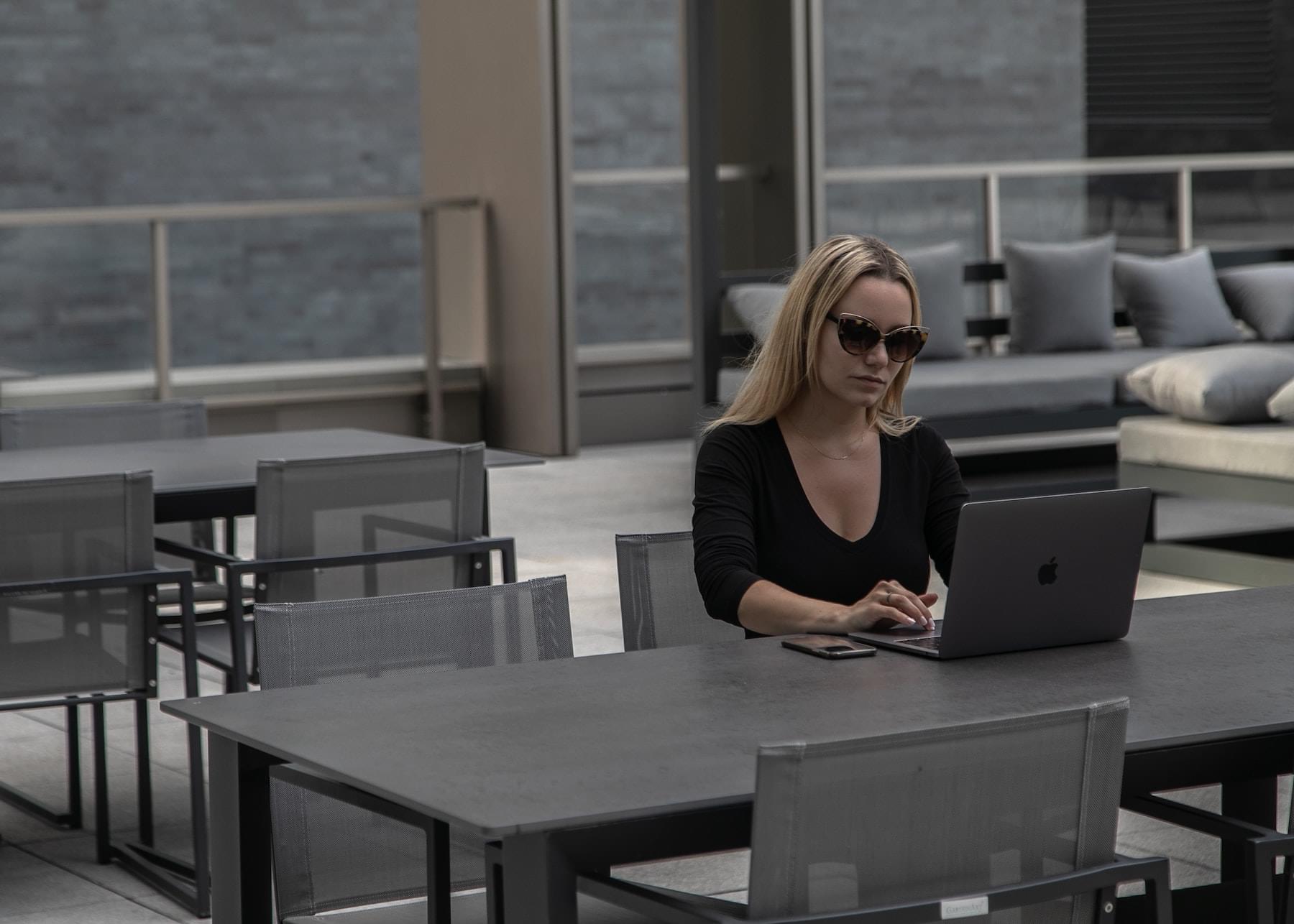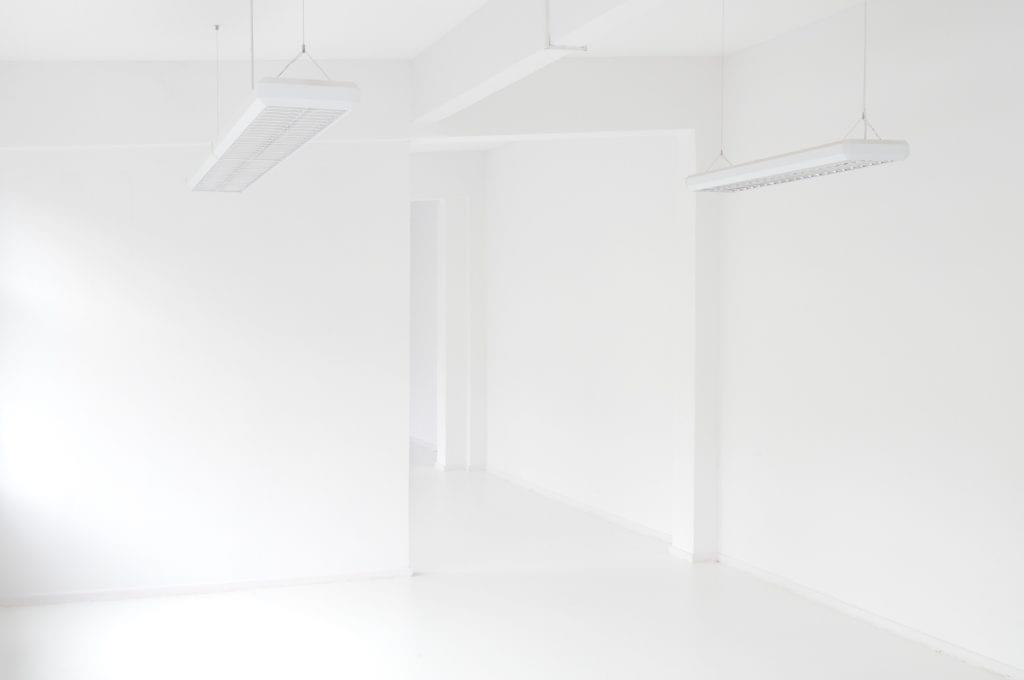Productive Remote Work (When Your Mental Health Says “No”)
Remote work is not easy. It sounds like a dream (and it honestly is in a lot of ways), but there’s a darker side to remote work that one can’t understand until they’ve done it.
Here’s the deal. People that work remotely often suffer from suboptimal mental health, and so you’re probably wondering, why on earth do they do it? Well, the fact is, while remote working comes with some very unique challenges, so does not working remotely. The difference is that remote work can offer the flexibility you need to build a lifestyle that suits you.
Find your next remote job with SitePoint Remote, where we handpick the best remote jobs for developers, designers and digital professionals.

Indeed, remote work isn’t a silver bullet for burnout or wanderlust, but if you do happen to try it out and eventually wind up succumbing to loneliness, or a lack of motivation or productivity (as many remote workers do), at least you’ll have the opportunity to change things up and make things better.
In the eyes of many, it’s the lesser of two evils.
That being said, attempting to diagnose what your mind and body needs isn’t that easy. What might work one day might not work on another day, and what might work for one individual might not work for another individual. Humans are complex, and in the case of remote work, everyday productivity tricks often don’t cut it.
Let’s take a look.
“I feel lonely”
Loneliness is a big issue (maybe the biggest?) for freelance remote workers and digital nomads in foreign countries, but it can also affect those that work in distributed teams (especially when some team members aren’t remote, as one can feel like an outsider at work using this setup). Let’s look at the solutions.
Utilize co-working spaces
Co-working spaces aren’t for everyone. If you teach English, it’s obviously a no-no (not because of the noise, but because the noise would be distracting to other remote workers). If you’re only required to dive into the odd video call, though, many co-working spaces include a few hours of “booth time”.
Throw in super-fast Wi-Fi, free coffee, daily events, and a likeminded crowd, joining a co-working space is like joining a community, and some co-working spaces (such as Hubud) and Dojo Bali) are literally famous! Good vibes = a huge motivation boost.

Work from bars and cafés
Cafés and bars work well too. The noise and seating options might be a tad unpredictable, and when going to a new place one has to find the Wi-Fi password, but all in all the experience is very much the same. It’s still fairly easy to meet other people, as it’s likely that you won’t be the only regular customer.
Pro-tip: download Wi-Fi Map app to get the Wi-Fi passwords of networks near you!
 My favourite café — October Coffee Gaya, Kota Kinabalu, Malaysia)
My favourite café — October Coffee Gaya, Kota Kinabalu, Malaysia)
Actually meet up with your team sometimes
2019 saw a remote work trend where distributed teams would get together every now and then, sometimes even for a yearly retreat somewhere exotic. Like … why not? Put the idea forward right now!
Speak up at work; nobody’s telling you that you can’t
In semi-distributed teams it can feel like those that work remotely are being left out, with much of the action happening in-office and “remotes” having to make do with email memos. It’s one of those things that just happens. It’s rarely intentional, so if you want to be part of the team, be a part of the team!
“I feel anxious”
Anxiety is such a tricky thing to unravel, especially when we assume that it’s the root cause of why we’re feeling a certain way. Problems can cause anxiety, sure, but also, out-of-nowhere anxiety can cause problems, which makes it a bit hard to find out where our interactions with anxiety are actually happening in what I like to call the “mental health customer journey”.
Where did our anxiety actually begin? 🤔
In my experience, the best way to overcome anxiety is to be mindful about it. That is, when you feel anxious, find a quiet spot to think and try to unravel the reason why — as opposed to “powering through”, intentionally or unintentionally trying to distract yourself with unproductive habits like checking emails and social media, or searching the Web for generic productivity advice that’ll probably only work as a temporary solution.
FYI: it’s possible to have multiple anxieties at once!
Too much work
Annoyingly, the freedom that we acquire from a remote work lifestyle can be a curse as well as a blessing — for example, when “work whenever I want” turns into “working all the damn time”.

Dealing with an overload of work (especially when dealing with burnout as well) is the worst. The solution is obviously to take some time off (and I think you know that already!), but often enough that just isn’t possible. It’s a catch-22 situation.
The trick is to allow yourself just 30 minutes off. Plan it beforehand so that every second counts, and you’ll be surprised at how amazing you feel afterwards, whether you wind up taking a nature walk or just sitting in a coffee shop (not working!).
As your work output becomes more efficient, increase this 30-minute break by five or ten minutes every day and eventually you’ll realize that you’re actually doing more work with less time.
Unfortunately, productivity “hacks” rarely work long-term. Instead, one has to make regular, healthy lifestyle choices.
Too many distractions
There’s having too much work to do, and then there’s having a normal amount of work but with too many distractions (maybe even more distractions than you’d have had back in the office 😅). Yikes!
I’m sure you’ve heard these productivity tips before:
- delete social media
- turn off notifications
- turn off Wi-Fi (when you can)
- stop checking your emails and devices
- use a noise app (like Noizio)
- try the Pomodoro Technique
While these productivity tips are all totally valid, the thing with distractions and procrastination is that we often find new things to distract ourselves with. It’s just habitual.
Have you tried these things?
- closing your open tabs
- deleting your bookmarks
- unsubscribing from emails
- removing apps from your dock
- relocating desktop files and folders
- totally deleting or consolidating your apps
Consider deleting some apps and subscriptions or moving all todos and notes into a single app (or even a simple markdown file). You’ll find that you spend more time working and less time reorganizing (and worrying about) your todos this way. Personally, I keep all files in the cloud and have only Dropbox + email + my todo file in the dock. Out of sight, out of mind!

You have more work than you think
You could probably cut your todo list in half. Like, right now.
The thing with freedom is that we think we have more time than we actually do, and often (over excitedly) we add things to do our todo list that later on just become a burden when we no longer feel excited to do them. Do a little spring cleaning …
- Which todos are fun but have no real outcome?
- Which todos had a purpose, but don’t anymore?
- Which todos are small and can be completed right now?
- Which todos can be consolidated with other todos?
Chuck them away (or complete them today) and don’t look back.
Again, consider consolidating everything into a single list and throwing away Wunderlist, Trello, and whatever else it is you’re using to managing various tasks in way too many different apps.
Conclusion
Remote work is fun, but it can also be very … not fun. We tend to think of freedom as a good thing, but unfortunately, we’re hardwired to make bad life choices, and often use this freedom to bombard ourselves with cognitive load that doesn’t really do us any favors at all. With good intentions, of course, but still.
After a while, it can seem like mo’ freedom/mo’ problems, but in reality these problems are usually self made. Being a remote worker grants freedom, sure, but it also requires a lot of self-discipline. Otherwise we’re just wasting our freedom by using our time unwisely and not being mindful about what our mind and body need. And to be honest, this applies non-remotes as well.
In any case, the trick is to keep control.
For many, remote work is the dream. It’s also challenging — it requires assumptions to be tested and a whole new array of skills to be learned. We recommend The Art of Working Remotely, a guide that will show you how to set up the optimal workspace and adopt practices for success in the remote workplace.
